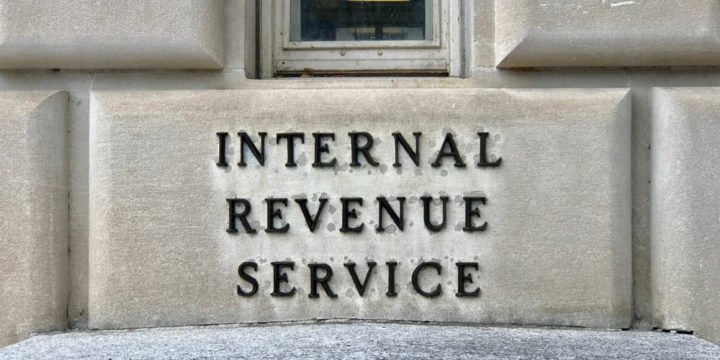
All I Want for Christmas is a Refund of the 965 Tax I Overpaid
By Anthony Diosdi The Section 965 Transition TaxInternal Revenue Code Section 965 imposes a one-time transition tax on a U.S. shareholder share of deferred foreign income of certain foreign corporations (“accumulated deferred foreign income” or ADFI”). For this purpose, a U.S. shareholder is a U.S. person who directly, indirectly, or constructively owns at least 10 percent of either the total combined voting power or total value of a foreign corporation’s stock. Section 965 accomplishes the transition tax by increasing the subpart F income of each specified foreign corporation in the SFC’s last taxable year that began before January 1, 2018 by the greater of the SFC’s ADFI measured in functional currency as of November 2, 2017 or December 31, 2017. By allowing a reduction to the ADFI inclusion, Section 965…








